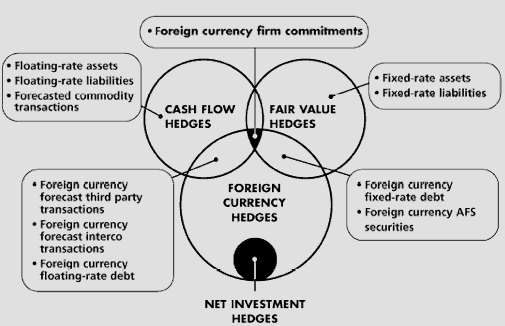Types of Derivatives
Post on: 30 Март, 2015 No Comment

The most commonly used derivatives contracts are forwards, futures and options, which we shall discuss in detail later. Here we take a brief look at various derivatives contracts that have come to be used.
Forwards: A forward contract is a customized contract between two entities, where settlement takes place on a specific date in the future at today’s pre-agreed price.
Futures: A futures contract is an agreement between two parties to buy or sell an asset at a certain time in the future at a certain price. Futures contracts are special types of forward contracts in the sense that the former are standardized exchange-traded contracts.
Options: Options are of two types — calls and puts. Calls give the buyer the right but not the obligation to buy a given quantity of the underlying asset, at a given price on or before a given future date. Puts give the buyer the right, but not the obligation to sell a given quantity of the underlying asset at a given price on or before a given date.
Swaps: Swaps are private agreements between two parties to exchange cash flows in the future according to a prearranged formula. They can be regarded as portfolios of forward contracts. The two commonly used swaps are:
- Interest rate swaps. These entail swapping only the interest related cash flows between the parties in the same currency.
- Currency swaps. These entail swapping both principal and interest between the parties, with the cash flows in one direction being in a different currency than those in the opposite direction.
Warrants: Options generally have lives of upto one year, the majority of options traded on options exchanges having a maximum maturity of nine months. Longer-dated options are called warrants and are generally traded over-the-counter.
LEAPS: The acronym LEAPS means Long-Term Equity Anticipation Securities. These are options having a maturity of upto three years.
Baskets: Basket options are options on portfolios of underlying assets. The underlying asset is usually a moving average or a basket of assets. Equity index options are a form of basket options.
Swaptions: Swaptions are options to buy or sell a swap that will become operative at the expiry of the options. Thus a swaption is an option on a forward swap. Rather than have calls and puts, the swaptions market has receiver swaptions and payer swaptions. A receiver swaption is an option to receive fixed and pay floating. A payer swaption is an option to pay fixed and receive floating.














